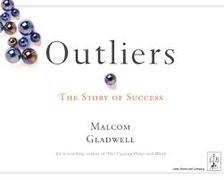 Over the next several days, I will be following the Twitter feed for the National Institute of PE conference being held in Asheville, North Carolina. The conference is organized by Artie Kamiya, a highly motivated physical educator and co-owner of Great Activities. It has been great to see all of the tweets coming out of North Carolina using the hashtag for the conference #PEInstitute14. One of the tweets that came out yesterday was written by my good friend Joey Feith, the founder of ThePhysicalEducator.com. In the tweet, Joey refers to 10,000 hours needed for mastery and 50 hours needed for competency. He was participating in a workshop led by Stevie Chepko. Here is the tweet below. As I read Joey's tweet, I immediately thought of the work of Malcolm Gladwell and the book he wrote called Outliers. I have read Outliers a couple of times and have the audiobook version as well. I began to write a blog post a few months ago (that I never published) about the book and the idea that Gladwell presents, the 10,000-hour rule. Essentially, he states that 10,000 hours is needed to truly become a expert at a something. Joey's tweet brought me back to my thoughts on Gladwell's work and the blog post that I had begun to write a while back. I decided to listen to a part of the audiobook again in order to revisit the thoughts that I had while reading the book the first and second time around. A perfect opportunity to reflect on what it takes to become an expert teacher. Does it take 10,000 hours? Gladwell gives loads of examples from the Beatles and Steve Jobs to Canadian professional ice hockey players and world renown violinists. I know that it is a far stretch to compare expert teachers to the likes of John Lennon, Wayne Gretzky, or Steve Jobs. However, my point in comparing them all relates back to the 10,000-hour rule. Breaking Down Gladwell's 10,000-Hour Rule Let's start by assuming that if this rule were true, teachers would need approximately 10,000 hours to practice the art of teaching before becoming true experts in their profession. Gladwell states that in most cases 10,000 hours takes ten or more years of hard work and being extremely committed to becoming the best you can be I personally know many educators who are very serious about their teaching and strive to be the very best that they can be. Not only for their students but also for themselves. I consider myself to be in this category of teachers. The fact that there are a few hundred physical educators attending Artie Kamiya's conference in North Carolina during their summer vacation is a testament to the fact that there are many teachers intrinsically motivated to improve their practice. I would like to propose the idea that teacher reflection should take up a good chunk of this 10,000 hours. It's not just about 10,000 hours of actual contact time with students needed, but also authentic and genuine teacher reflection added into the mix. Adding this teacher reflection component consistently into our practice will speed us along our path to mastery. It is one of the strongest beliefs that I have about how to become the best educators we can be. Teacher Reflection is Critical
Most people really do understand that reflection is an important part of the teacher process. Above, I have assigned what I feel is the best balance between actual teaching/planning time (80%) and teacher reflection time (20%). When I look at my own practice, I definitely reflect, on average 20% of the time and this is accomplished through journal writing, blogging, and thinking. As PE teachers we love running and exercising! I run approximately 4 times and week and workout in the gym another 2-3 times per week. I used to only listen to music when I worked out and ran, still do at times. But most of my time running is spent listening to audiobooks and reflecting on what's best for my teaching and the learning of my students. I come up with loads of ideas and thoughts during these runs. The first thing I must do to keep those thoughts alive is to record them in my journal when I back home after my runs. I always bring the journal with me when I go to school and ALWAYS have it on hand when planning. I find that using my exercise time is one of the most productive ways for me to genuinely reflect on my teaching practice. It works well for me. However, all people are different and have unique needs. You can chose to reflect in any way that best suits who you are as a person and educator. However, reflection is a must if we are to truly become better teachers. The purpose of this blog post is to get you to think about 3 main questions. Would love to hear your thoughts, especially any teachers attending the National Institute of PE conference in North Carolina.
2 Comments
Ami Gibson
7/29/2014 07:59:02 am
Andy,
Reply
8/7/2014 11:33:51 pm
Ami is typical of the type of mentally-motivated PE leaders we will need to continue to engage if our profession is to be more meaningful for the students we serve. Actions without thought hold us back. Thoughtful actions move us forward! #PEisaCause!
Reply
Leave a Reply. |
AuthorKAUST Faculty, Pedagogical Coach. Presenter & Workshop Leader.IB Educator. #RunYourLife podcast host. Archives
September 2022
|
- Welcome
- All Things Teaching and Learning
- The Aligned Leader Blog
- Consulting and Coaching Opportunities
- My TED X Talk
- My Leadership Blog
- Run Your Life Podcast Series
- How PYP PE with Andy Has Helped Others
- Good Teaching is L.I.F.E
- The Sportfolio
- Example Assessment Tasks
- PYP Attitude Posters (printable)
- Publications
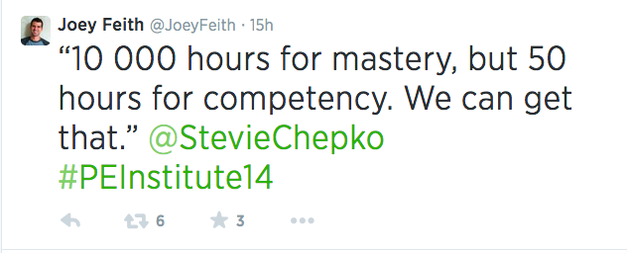
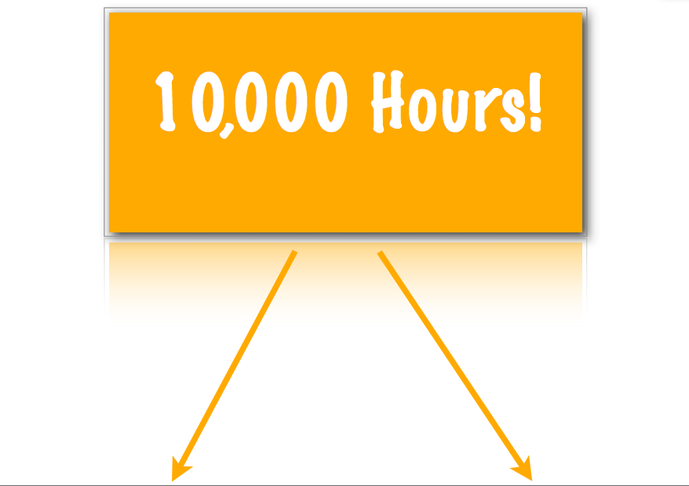
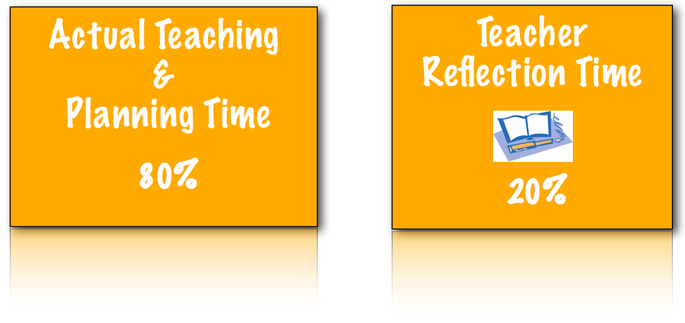
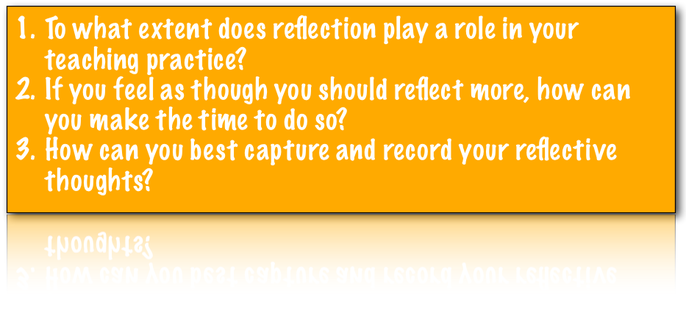
 RSS Feed
RSS Feed
